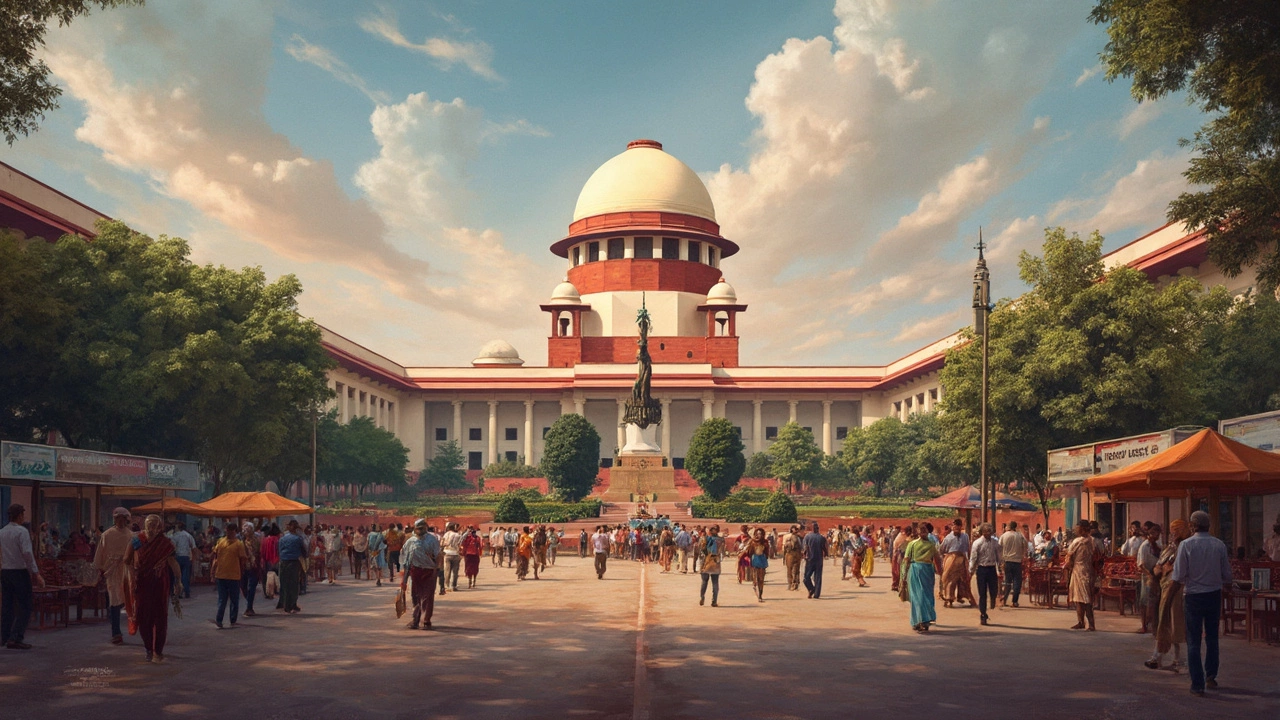Supreme Court Insights – Latest Indian Legal Updates & Guides
How Supreme Court Decisions Impact Your Rights
The Supreme Court is the top court in India, and its judgments touch almost every part of our daily life. Whether you’re sorting out a divorce, fighting for a consumer refund, or dealing with a salary dispute, a Supreme Court decision can change the rules you follow. On this page we break down the newest rulings and show you how they affect the topics you care about, all in plain English.
Why does a single court matter so much? Because the Supreme Court’s interpretations become the law for all lower courts. That means any new rule on mutual‑consent divorce, for example, will be applied by district courts across the country. Same goes for consumer protection cases—when the Court defines what counts as ‘unfair trade practice,’ every shop and service provider must obey. In short, the Court sets the baseline for what’s legal and what isn’t.
Explore Our Latest Supreme Court‑Related Articles
In 2025 the Supreme Court clarified the cooling‑off period for mutual‑consent divorce. The judgment said you can’t skip the 90‑day waiting rule, but it opened a fast‑track for cases where both parties file a waiver. Our guide on instant divorce explains how to use that waiver, what documents you need, and the realistic timeline after the Court’s ruling. Knowing these specifics can shave months off the process.
The Court recently upheld key provisions of the India Code Consumer Protection Act, expanding the definition of ‘service’ and allowing online refunds within 30 days. Our article on the Act walks you through how the ruling affects e‑commerce complaints, which agencies handle disputes, and what evidence you should keep. If you’ve faced a faulty product, the Supreme Court’s stance gives you a stronger bargaining chip.
Two high‑profile salary cases landed in the Supreme Court last year. One decision reinforced that an employer must clear all dues within 45 days after termination, while another recognized mental stress as a compensable injury when workplace harassment is proven. Our guides break down the steps to file a claim, the paperwork the Court expects, and how recent judgments boost your chances of success.
The 12‑year adverse possession rule also got a fresh look from the Supreme Court. The judges clarified that continuous possession must be ‘open, notorious, and uninterrupted’ to claim ownership. Our property‑law guide explains how to prove those elements, what documents the Court asks for, and common pitfalls that can nullify a claim. Whether you’re a tenant eyeing ownership or a landowner protecting your plot, the ruling matters.
All these Supreme Court updates are rolled into easy‑to‑read articles on our site. Jump to the sections below to dive deeper into divorce, consumer rights, salary issues, and property law. Each piece gives you step‑by‑step advice, real‑world examples, and a snapshot of the Court’s latest judgments. Stay informed, act confidently, and let the Supreme Court work for you, not against you.

Highest Court for Criminal Cases: Understanding the Supreme Role
When it comes to criminal cases, the supreme authority lies with the Supreme Court. It's the topmost legal entity that interprets the law, impacts important legal decisions, and sets precedents. Understanding its role, impact, and the way it operates is essential for anyone interested in the justice system. Explore how this court functions, its unique responsibilities, and why it matters in criminal justice.